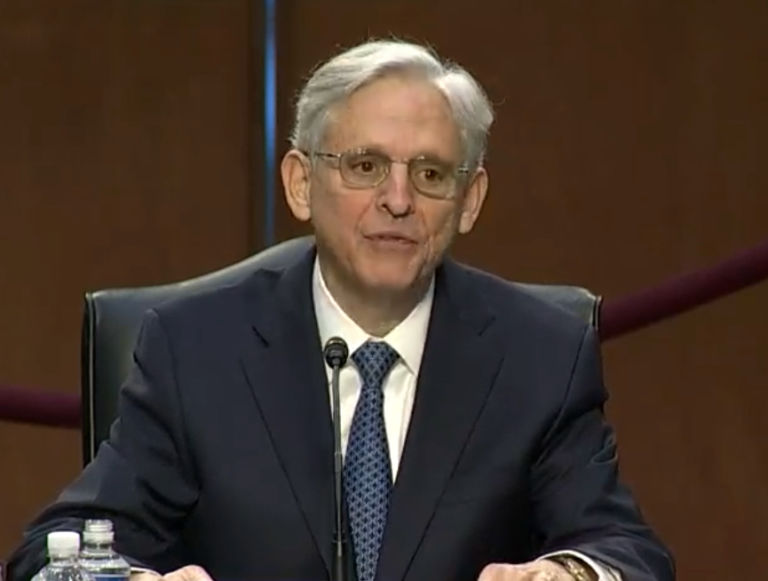Michael Barone‘s latest column argues that conservatives and Republicans might benefit from approaching tax cuts in a different way.
[T]he case for tax cuts on high earners is not as strong as in 1980, when the top rates were 70 percent on “unearned” investment income and 50 percent on wages and salaries.
Cutting those rates ultimately to 28 percent clearly stimulated the economy. Paring the rate from 39.6 percent back to 35 percent won’t have as great an effect — and won’t bring immediate benefit to a large majority of voters. …
… [T]here is another factor that may be holding growth down more than high tax rates. And that is the widespread disintegration of the family structure.
As Utah senator Mike Lee noted in a speech at the Heritage Foundation, “the problem of poverty in America is directly linked to family breakdown and the erosion of marriage among low-income families and communities.”
Lee is careful not to cast opprobrium on single or divorced parents. But he insists on pointing to the uncomfortable but undeniable fact that economic outcomes for their children have been far worse than those for children raised in two-parent families.
That produces many personal tragedies. And in cold economic terms, it means that society is losing gross domestic product because of less than optimal development of human capital.
Government policy can’t force people to get or stay married. But it may be able to encourage them to do so. …
… Lee proposes a $2,500 child tax credit — less in real dollars than the postwar deduction — applied to both payroll and income taxes.
He also proposes allowing employees to claim flextime when they have worked overtime, as federal employees can. He wants Congress to hack away at the marriage penalties embedded in various benefits programs and Obamacare.


